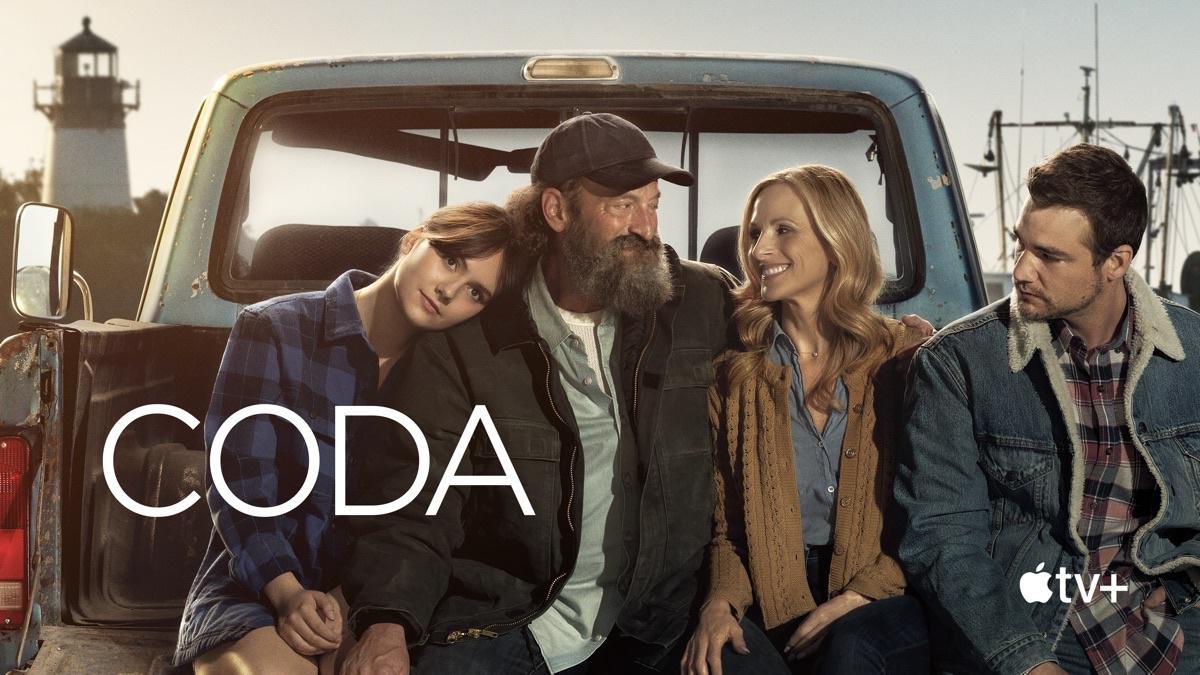I watched the Oscar winning movie CODA. I knew very little about the plot but was enthralled from the opening scene. CODA is an acronym for Child of a Deaf Adult. The film is a beautiful peek into the world of the deaf. The lead actress Emilia Jones portrays Ruby, the child of deaf parents who has an amazing singing voice. I love listening to singers belt out songs. The film speaks to the difficulty of how she must leave her childhood home, where her deaf family depends on her. But she needs to leave in order to follow her own dreams. During a choir performance Ruby and her love interest Miles are singing a duet and the director cuts the sound at the moment that the song starts to crescendo. I became frustrated because I wanted to hear the song and realized that is how deaf people live all the time.
I was overcome with tears.
When the sound was cut from the duet I experienced what it might feel like for people who are unable to participate in our world as it is. I immediately thought of my son who is non-verbal. I imagined the loneliness that he may experience and how it feels to be left out. I wanted to take action and fix this immediately. How can I make him feel included? I shared this heartache with my partner who sat next to me in quiet support. I felt powerless and angry about the challenges my son must feel in a world where most people speak. I vowed to double down on my efforts to make sure he receives the message that he belongs. He has a place in this world and he is wanted. I can take action but I can’t live his life for him. This is his path and I must allow him dignity and know that he posses the qualities within himself to create his own beautiful life.
photo by Omar Prestwich
After watching the film I became curious about where I’d felt this before. It didn’t take long for me to realize that I had felt similar grief as a child. I had felt that I didn’t belong, and there was no place for me in my childhood home. I grieved for myself. It lifted shortly after and I marveled at how my own childhood trauma no longer stings with messages of not belonging. It is also not the same experience my son is having.
Releasing the anger and being willing to feel it is a gift. Refraining from comparison is helpful too. Deciding that this part of my story and it is exactly as it is meant to be. Trusting that if I am willing to take action in my own recovery that all will come together in a way that I can’t even imagine at this moment. These are the tools of healing. All of which lead to acceptance. Acceptance is peace.
—Kristina Dennis, life coach


